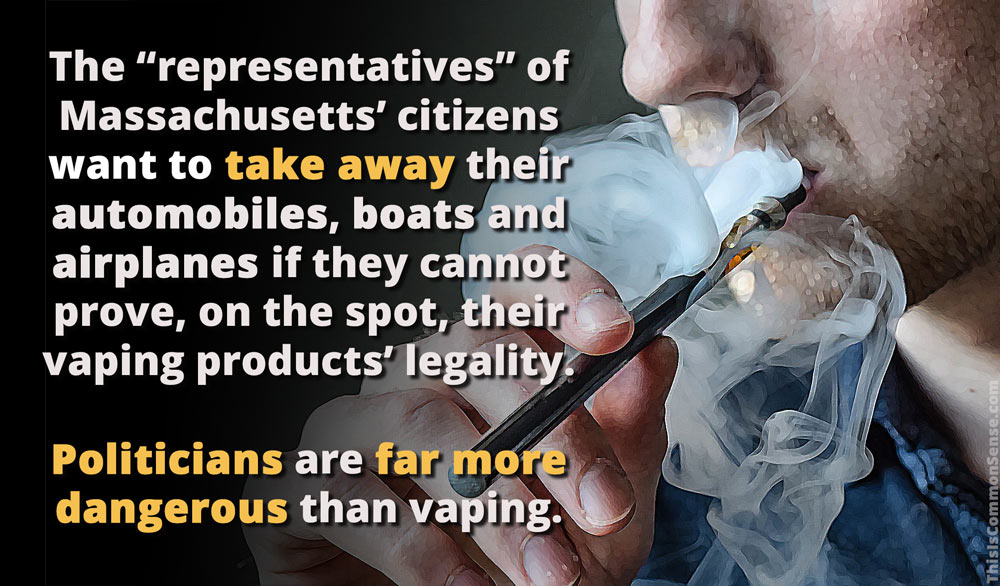While addicts of partisan politics overdosed on impeachment, the Trump Administration wheeled and dealed with Congress to give more than two million federal workers 12 weeks of paid family leave and start up plans to establish a new and separate military service, the Space Force.
“It is long overdue. It doesn’t go far enough,” declared The Washington Post editorial board.
And the editors weren’t referring to the Space Force. It is paid family leave that “represents an important step in the effort to make paid leave a guaranteed right for all U.S. workers.”
Hey, I’m a big fan of paid family leave, but as an earned, negotiated benefit of employment, not some pretend “human right.”
Certainly, the legislation enacted did not bestow a right, but a benefit … to be paid for by hard-working taxpayers who likely do not themselves enjoy such generous employment bennies.
“[A]ccording to the Bureau of Labor Statistics,” informs The Post, “only 17 percent of workers have access to paid family leave.”
Once upon a time, government workers did not make as much money as private sector workers but enjoyed far greater job security and more generous benefits. But by measure after measure, public sector employees today make more money too.*
Which brings us to another Post worry: income inequality.
“The Washington, D.C. area, home to the federal government and noted for ‘double-dipping’ salaries,” writes Paul Bedard in the Washington Examiner, “is the wealthiest region in the country.”
The new family leave bill throws more money at the nation’s top five richest counties — all in the capital’s metro area.
We are not talking about “rights,” here, but about political “privilege.”
This is Common Sense. I’m Paul Jacob.
* Federal workers also receive generous pensions, while 87 percent of the folks paying taxes to fund those pensions lack their own.

—
See all recent commentary
(simplified and organized)










